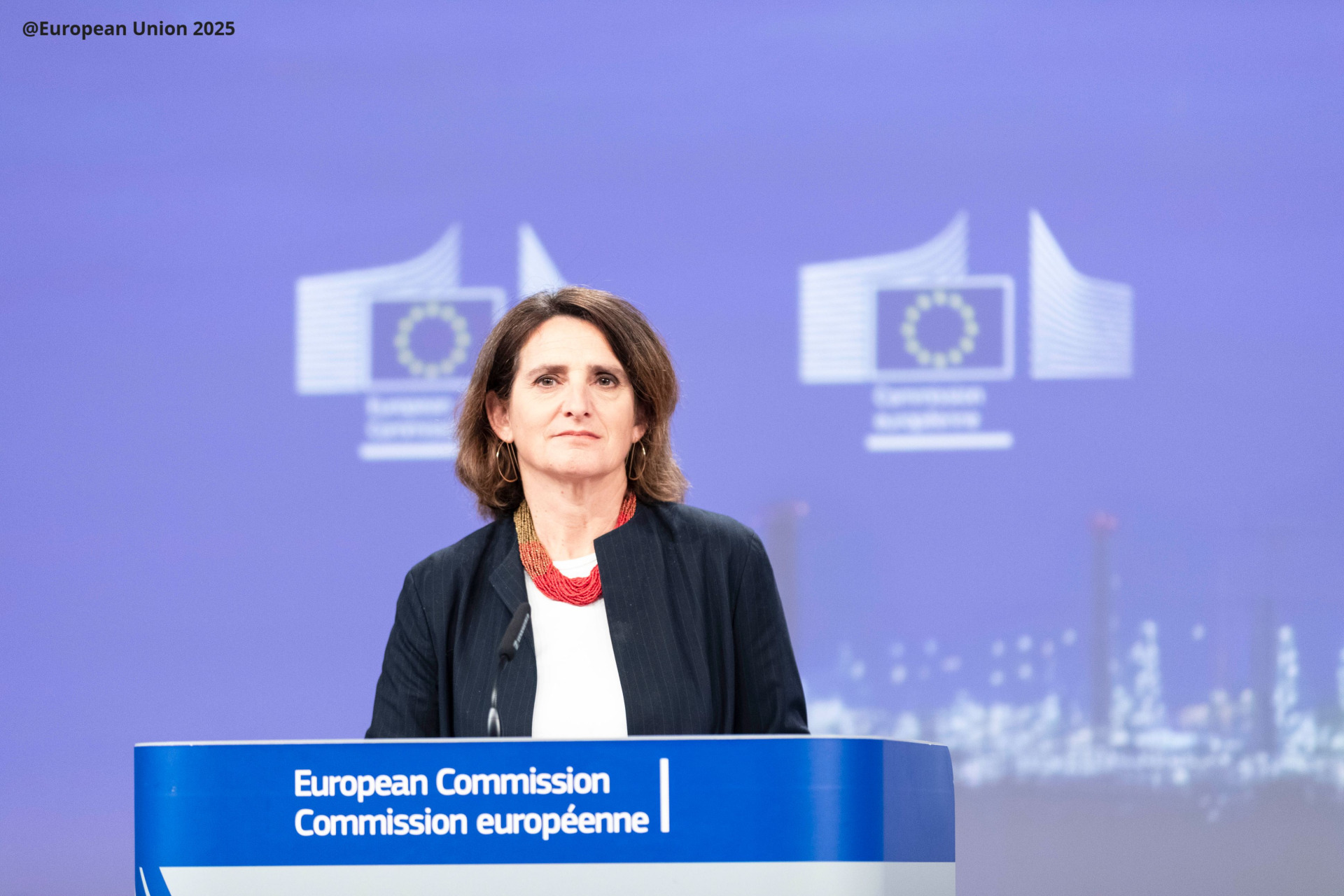
The European Commission recently announced delays in unveiling its 2040 climate target, which was initially expected in the first quarter of 2025. According to European Commission Executive Vice-President Teresa Ribera, the target is now set to be presented in the second quarter of the year instead, a postponement that undoubtedly reflects the challenges of advancing an ambitious climate agenda in the current political and international context, as preparations for the United Nations’ 2025 climate summit (COP30) gradually begin.
The Union’s 2040 target is a central element of its 2050 climate neutrality strategy, itself at the heart of the European Green Deal, and a legally binding objective set out in the European Climate Law. Currently, the EU has set out to reduce its carbon emissions by 55% by 2030, compared to 1990 levels, before reaching net-zero emissions in 2050. The 2040 target thus represents an important transitory step to achieve this goal.
Despite kickstarting the process more than a year ago, through a non-binding communication proposing a 90% emissions reduction target in line with the recommendations of the European Scientific Advisory Board on Climate Change (ESABCC), followed by a public consultation, the European Commission is yet to make an official legislative proposal to be debated by the European Parliament and the member states. If no official new date has been given, anonymous sources have hinted that the proposition could be expected for the beginning of April.
However, the delay could still have far-reaching implications, with the 2040 target playing a key role in determining the EU’s 2035 climate target to be presented at COP30, set to take place in the Amazon city of Belém, in Brazil, and for which preparations are now beginning. Notably, on 10 March, André Aranha Corrêa Do Lago, president-designate for this year’s UN climate summit published his first letter, outlining his vision for global climate diplomacy. Highlighting the acceleration of the climate crisis, he notably called for concrete progress on the ground, with a renewed focus on constructive, collective action at all levels of governance, and for parties to overcome their political differences.
The letter underscored the upcoming work to be conducted on the just transition, the implementation of the Global Stocktake, a process for countries to follow their progress towards meeting the goals of the Paris Agreement, as well as on mitigation and adaptation. Discussions on the Mitigation Work Programme (MWP), meant to reduce climate change and its effect by avoiding emissions, had ended in a deadlock at COP29, in Baku, Azerbaijan. André Aranha Corrêa Do Lago also indicated his ambition to build on COP29’s climate finance agreement, by proposing a roadmap in order to reach the agreed goal of at least $1.3 trillion per year by 2035 going to developing countries from both public and private sources.
However, COP30 will take place in a changed international context, particularly marked by Donald Trump’s recent return to the White House and his subsequent slashing of climate, aid, and development funding. According to a new analysis by the UK-based climate science, policy, and energy platform Carbon Brief, nearly a tenth of global climate finance could be at risk following the United States’ latest aid cuts, which will undoubtedly constrain efforts to achieve the Paris Agreement’s objective of limiting global warming to 1.5°C above pre-industrial levels. Observers fear that several countries, such as Indonesia, New Zealand, or Argentina, could follow the US’s lead and withdraw from the Paris Agreement, signalling difficult negotiations ahead of the conference.